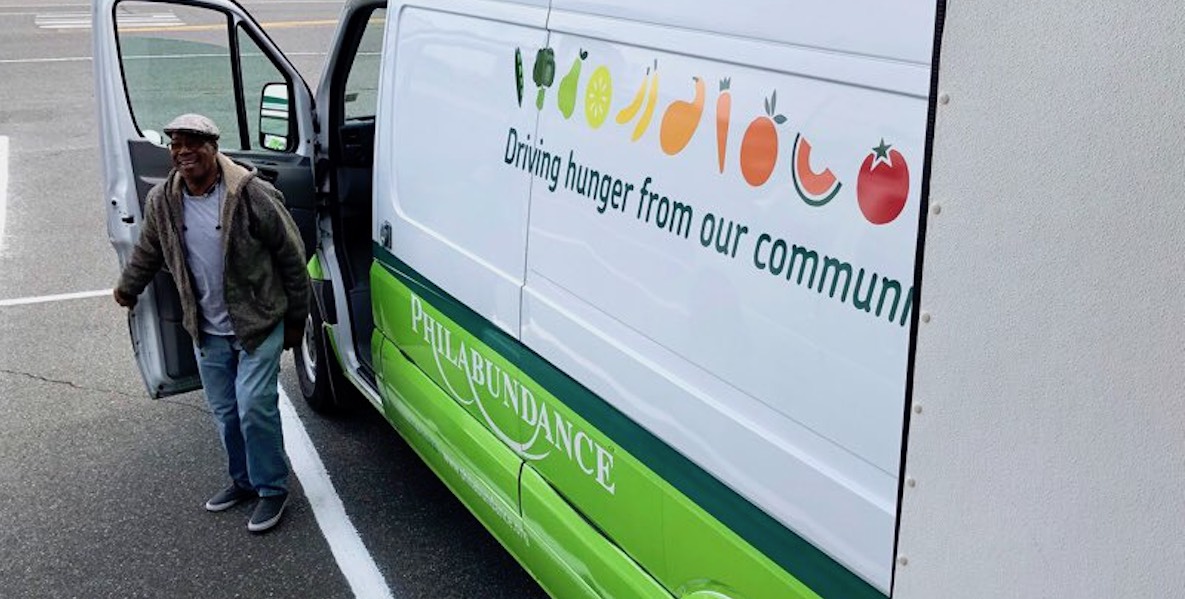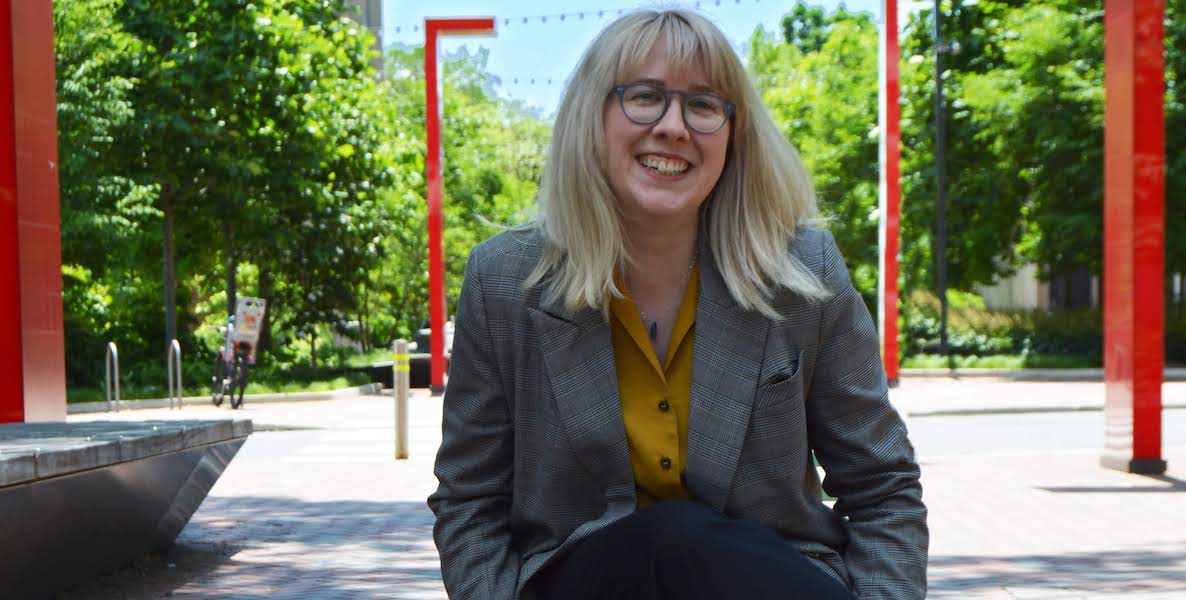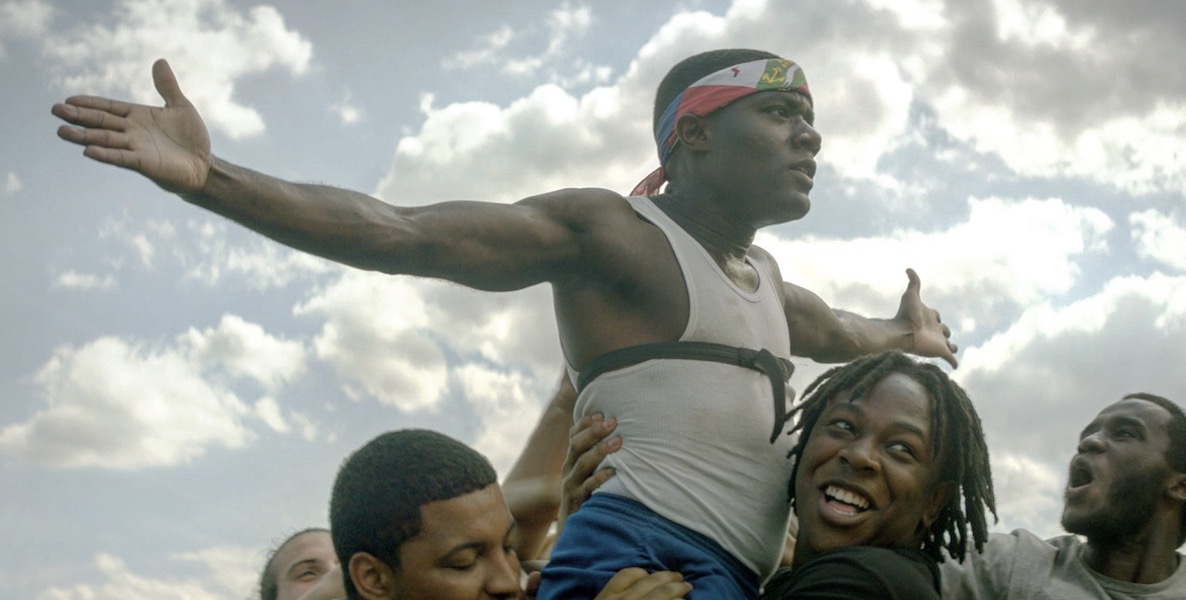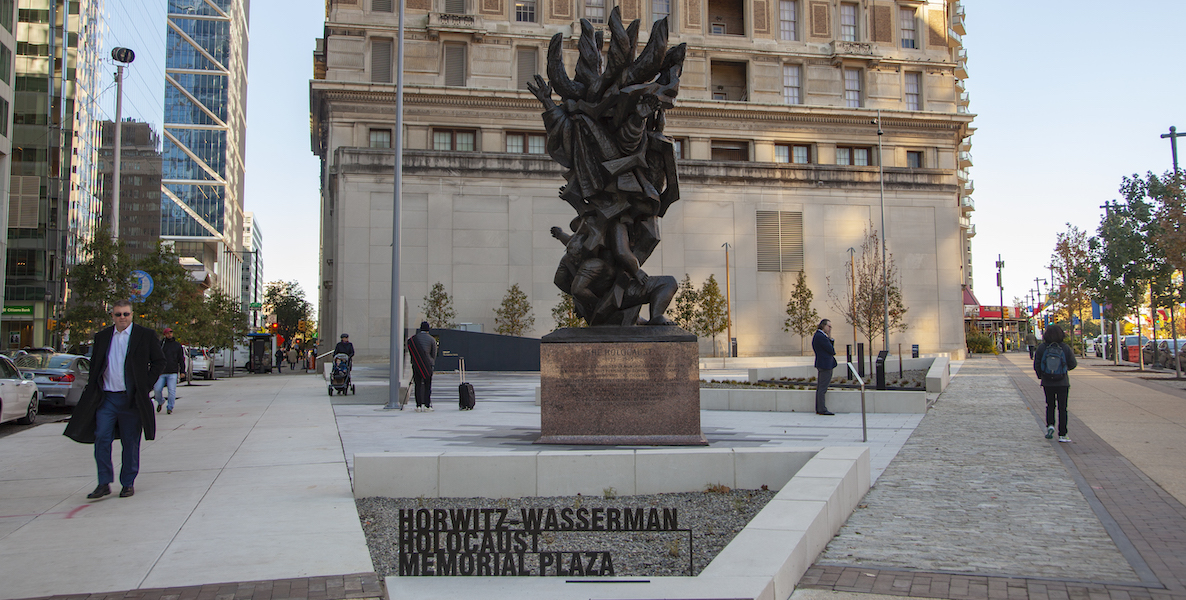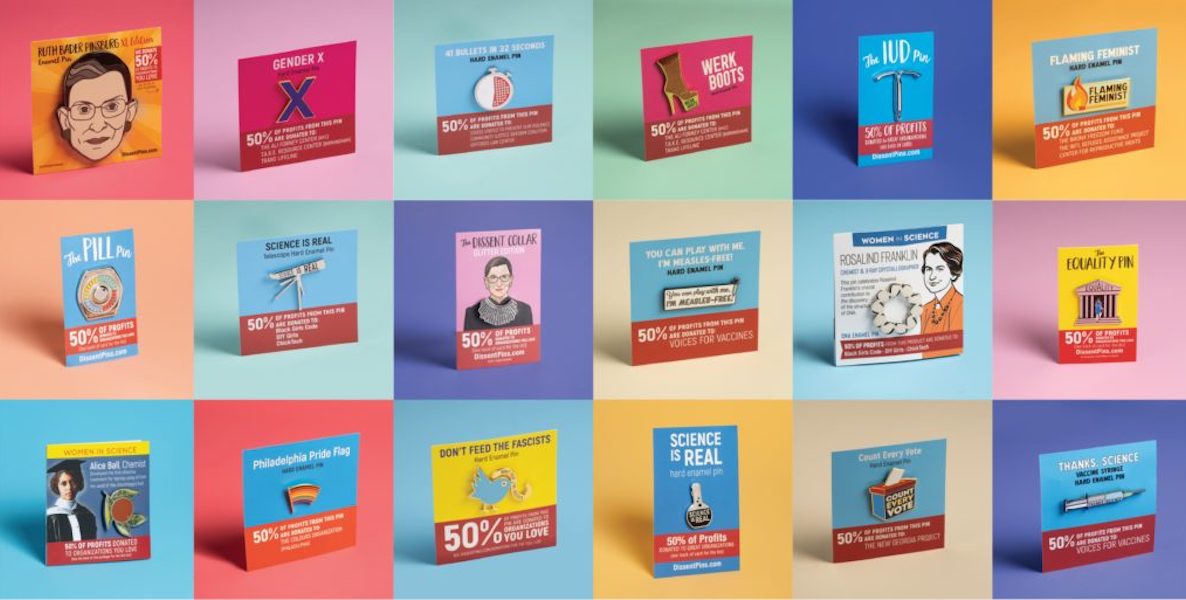This was supposed to be a story about Hello, a game that helps people have conversations about their end-of-life wishes and, in the process, enables them to explore and express what matters most to them.
But as it turns out, the creators of the game — Jethro Heiko and Nick Jehlen, whose company is called Common Practice — are more like accidental, or incidental, game creators; their primary, and defining, profession is something more powerful, more timely. They’re Action Enablers.
A little history.
As a college student in the ‘90s at University of Massachusetts-Amherst, Heiko cared for his dying father; it was an experience that propelled him to start a bereavement organization with a local hospice in Boston, which he ran for a few years. Then he became a community organizer, leading, among other efforts, Fenway Votes, the charge to save Fenway Park, and co-founding Turn Your Back on Bush, an effort that rallied 5,000 people to descend on Washington to take a stand against Bush’s election in 2004.
“Voting is so important, I don’t want to downplay voting,” Jehlen says. “But there are just so many other ways to do stuff. All of our work is geared towards giving people a way to try and do stuff.”
It was while working as an organizer in Boston that Jethro met a woman whose then-boyfriend was designer Nick Jehlen. The two men became friends and then business partners, launching a consulting firm, and in 2003 Heiko moved to Philly to be near family, continuing to work with Jehlen, who soon after moved to New York. Once in Philly, Heiko became a founder of Casino-Free Philadelphia, getting arrested (and ultimately acquitted) while protesting.
But it was after a difficult client project fell apart that Heiko and Jehlen decided to think more deeply about what they really wanted to do, who they really wanted to serve. On a walk near 7th and Spring Garden streets one day, Heiko came up with an idea for a game called Fear Rummy, about fears and hopes.
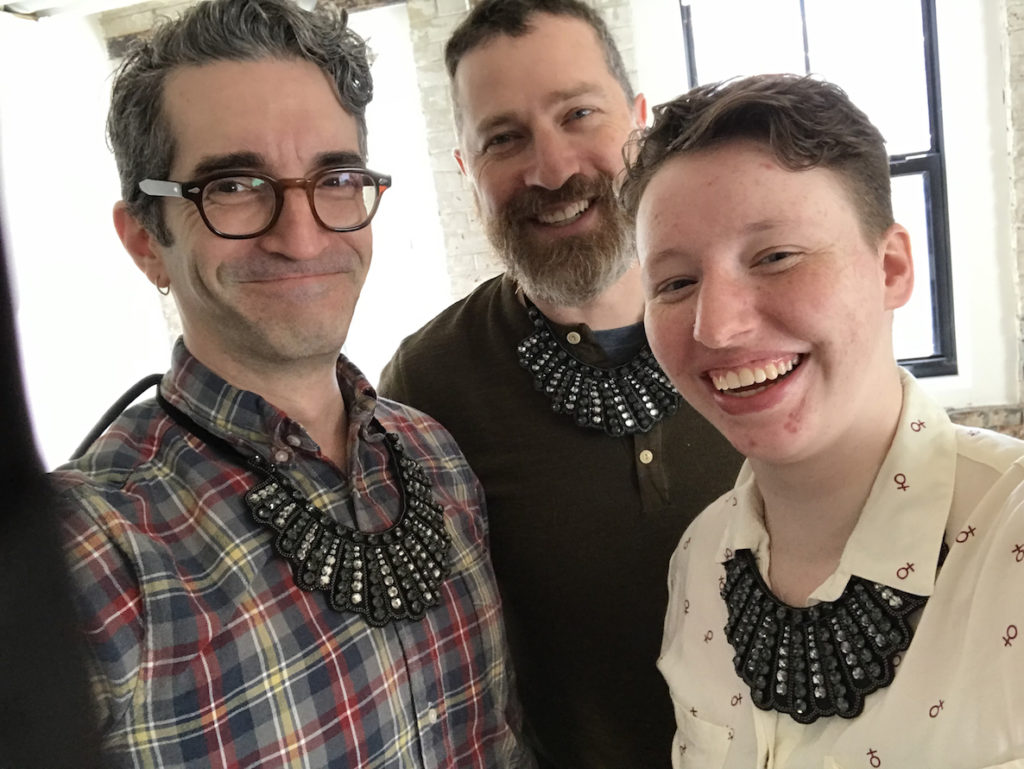
“That led us to an exploration of death and dying as an issue facing our society,” Jehlen says. They began doing interviews, including many with hospice nurses who said, over and over, that they could provide really good care to people from families that had had one good conversation about death and dying. “That’s all it took. And if they hadn’t had that one conversation, it was a struggle. There was no entrance.”
Hello, previously called My Gift of Grace, came out of that introspection and research. It’s a conversational game that include a booklet of questions like, “Who haven’t you talked to in six months that you would want to talk with before you died?” and “If you needed help going to the bathroom today, who is the first person you would ask to help you? Who would you never be able to ask?” It’s thoughtfully- and beautifully-designed; everyone gets a chance to talk and to listen, and to share their gratitude to fellow players.
But it’s more than that: It’s effective.
Lauren Jodi Van Scoy, MD, is a pulmonologist at Penn State Health Milton S. Hershey Medical Center and the author of Last Wish: Stories to Inspire a Peaceful Passing. She’s been studying Hello for the last six years, and her findings are remarkable: She says that 80 percent of players take some next step towards advance care planning within three months of playing Hello—whether it’s talking to their physician or making funeral plans. “I was really skeptical of the game when I first heard about it,” she says. “But it’s the most effective tool that I’ve ever seen at getting people to actually do another step beyond just whatever the [end-of-life planning] intervention itself was.”
Jehlen likes to say that there are more studies and data on Hello than on any other end-of-life tool. “It’s nice and cute, but it’s not Cards Against Humanity—it’s actually gonna change the world,” Heiko adds. To date, they’ve sold about 40,000 copies of the game, and are looking to scale.
Watching Hello being played, one can’t help but wonder what its potential could be to stimulate conversations beyond end-of-life, to get into matters of politics and policy when our country is in dire need of civil discourse.
There, Heiko and Jehlen are one step ahead.
Some more recent history.
After President Trump was elected, and as Justice Ruth Bader Ginsburg rose to pop-political prominence as an antidote to our country’s collective fear and grief, Jehlen, with the help of an illustrator friend, created an RBG collar pin. He gave 100 of them away to friends.
Then he made 500 more — and sold them all, within days, on Facebook.
Meanwhile, the airport sit-ins in protest of Trump’s immigration policies had begun and, watching the news, Jehlen wanted to do something: He realized that he could sell pins for a cause—that cause, supporting the work of the legal teams on the front lines—and so many more.
“I think people want to feel like they’re part of something,” Jehlen says. “I think there’s a real appeal to civil discourse and to being able to wear something that both shows your opinion and also isn’t hitting other people over the head with it.”
Now, Dissent Pins — a line of cool, colorful metal pins and jewelry, as well as stickers, with progressive subject matter — is the financial engine driving the duo’s business, which they refer to internally as “Dissent and Co.” They’ve sold more than 150,000 items, and half of all proceeds from the sale of the pins go to meaningful causes.
The original RBG pin supports The Bronx Freedom Fund, International Refugee Assistance Project (IRAP), and the Center for Reproductive Rights. A colorful birth control pin supports Planned Parenthood Federation of America, Reproductive Health Access Project, and SisterSong: Women of Color Reproductive Health Collective.
There’s the IUD pin and a condom pin, a “Thanks, Science” pro-vaccine pin and gun-control pins and Pride pins and a Count Every Vote pin and more.
And while, sure, you could just as easily donate to Planned Parenthood without advertising that you’ve done so, Jehlen and Heiko recognize that there is power in broadcasting your beliefs, even if only silently.
“I think people want to feel like they’re part of something,” Jehlen says. “I think there’s a real appeal to civil discourse and to being able to wear something that both shows your opinion and also isn’t hitting other people over the head with it.”
Heiko wants the pins to empower people. “When you wear a pin like that, it makes you behave a certain way,” he says. “Our hope is that you go into the day, and you’ll feel more powerful. You’ll feel more powerful to stand up and dissent when you need to.”
Not that they’re opposed to verbalizing their beliefs. On a recent Thursday morning in November, Heiko and Madeline Elwell, a Philly native who leads Common Practice’s customer outreach and engagement, showed up in front of Independence Hall, wearing, on their winter coats, name tags that said “Hello, I’m President Zelensky” and “Hello, I’m President Trump,” respectively. They proceeded to read the memorandum of the now-infamous July 25 call between the two world leaders; it was their way of saying, if only to the Chinese tourists and locals who happened to pass by, This is nuts, people — wake up! They also created a document called the Citizen Subpoena, on which they’ve been gathering citizen signatures to subpoena Mike Pence; they plan to mail it directly to the Veep himself.
In 2020, they’re launching The Big One, “A preparation kit for the most important election of our lives.” It is a five-by-eight card, downloadable for free on their site, with two questions: Why is the 2020 election important to you? and Because the 2020 election is important to you, what are you committing to do about it? It is meant to be shared and discussed among groups.
Witnessing, Jehlen says, alluding to the viewer turnout for the televised impeachment hearings, is very important, but it’s not the only thing. “We are living through history, and we better grab the reins,” he notes. “Otherwise there’s some really bad stuff that will continue to happen.”
If their efforts seem all over the place, there’s a unifying theme, a—yup—Common Practice, among them all.
“In many ways, all we’re designing are ways and handles to do things together, to do things in public, to take action,” Jehlen says. “I think there’s a tendency in this moment in this democracy for people to believe that voting is the only thing that you can do. And voting is so important, I don’t want to downplay voting. But there are just so many other ways to do stuff. All of our work is geared towards giving people a way to try and do stuff.”
Header collage by Lucy Ferry



